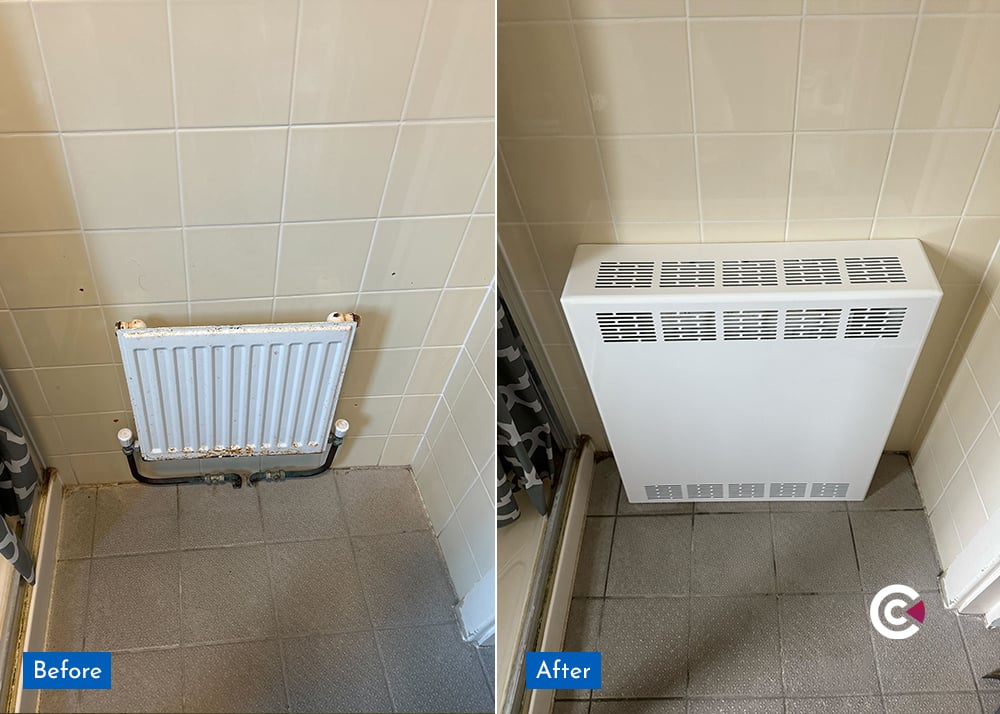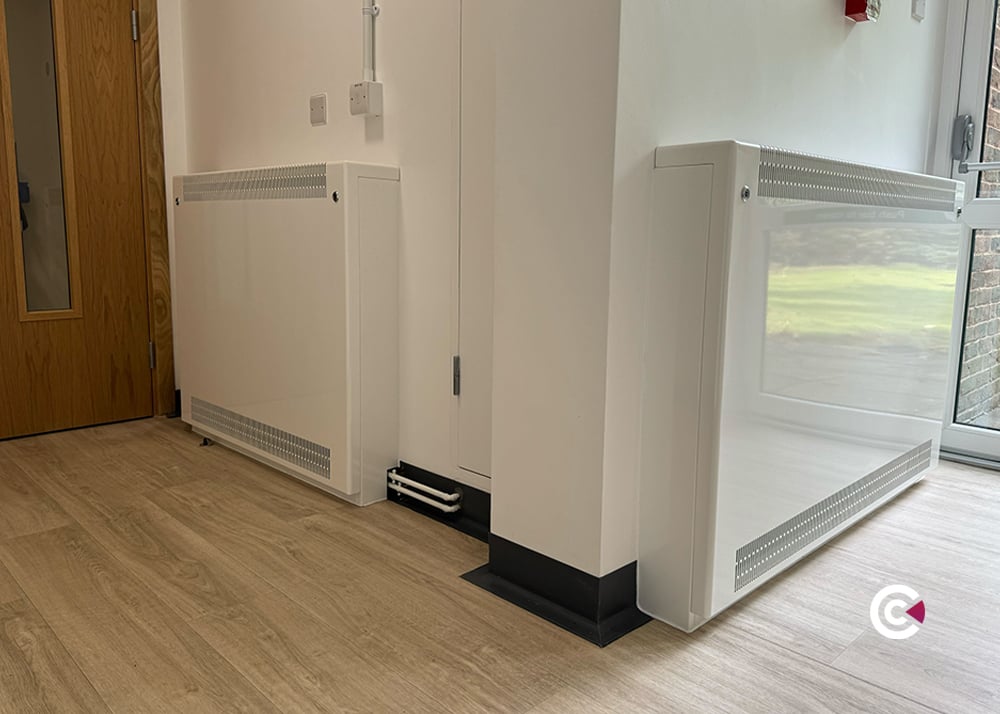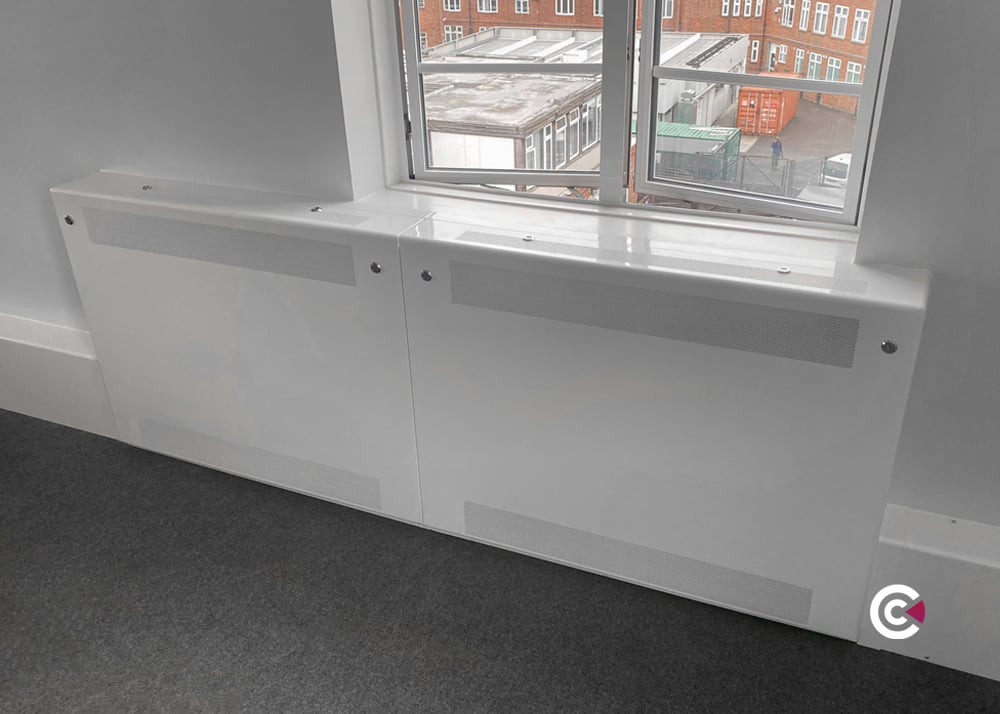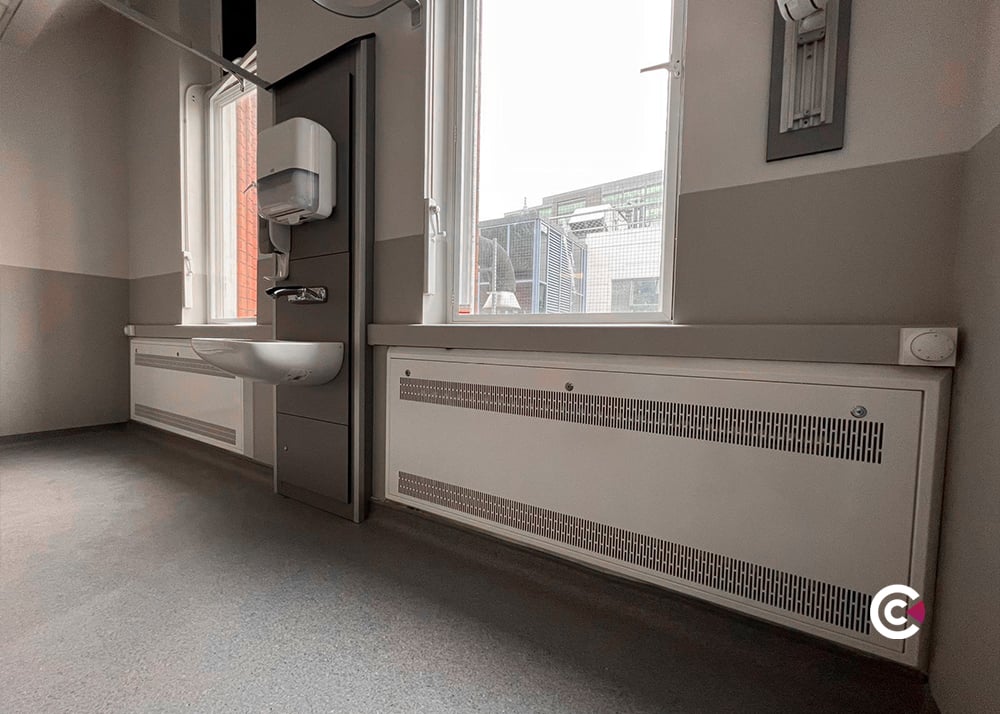When it comes to prison heating, approval isn’t given lightly. Products installed in safer cells and across the custodial estate face some of the most rigorous testing processes in the built environment.
That’s why the DeepClean Extra+ anti-ligature radiator being the first of its kind to receive Ministry of Justice (MoJ) approval is such a landmark achievement. But what exactly does MoJ testing involve, and why does it matter so much?
The MoJ Testing Framework
The MoJ’s testing process is built around its specification STD/X/SPEC/063 – Testing Process for Fixed Furniture Intended for Use in Cells (Including Safer Cells). This framework exists because standard durability and safety testing is not enough for prisons.
In safer cells especially, products must undergo additional scrutiny because they are used in environments designed to reduce suicide and self-harm risk. Every radiator, fitting, and piece of furniture must show it can withstand misuse, tampering, and attempts at concealment or ligature attachment.
Destruction Testing
One of the most important aspects of MoJ testing is destruction testing. Unlike ordinary product assessments, this involves subjecting the radiator guard and radiator itself to deliberate attempts at damage and dismantling.
Testing simulates what might happen if a prisoner tried to:
- Apply force to bend or break the structure
- Remove or loosen fixings to gain access
- Create ligature points where none should exist
- Block grilles or tamper with airflow
The DeepClean Extra+ passed these destruction tests thanks to features such as:
- 2mm Zintec or Magnelis steel construction
- Internal strengthening strut
- Secure cam locks with additional Pin Torx screws on the front, side, and top
- Patented full-height access door designed for robust access without compromising safety.
Beyond Strength: Hygiene and Maintenance
MoJ testing isn’t only about strength. It also considers practicality, hygiene, and safety in day-to-day use. For example:
- BioCote® anti-microbial protection helps reduce bacterial contamination, vital in secure facilities where infection control is essential.
- The sloping top design and IP3X compliant grilles reduce concealment opportunities while ensuring consistent airflow.
- The full-height access door means estates teams can clean thoroughly without compromising security.
These features helped the DeepClean Extra+ meet the MoJ’s comprehensive evaluation process.
Why This Matters for Safer Cells
It’s worth emphasising that this approval applies specifically to safer cells – areas under the most intense scrutiny within the prison estate. That’s what makes this approval so significant: if a radiator system can withstand the challenges of safer cells, specifiers can be confident it will perform in other high-risk environments too.
This includes:
- Young Offender Institutions (YOIs)
- Police custody suites
- 136 mental health assessment suites
- Immigration detention centres
- Pupil Referral Units (PRUs)
Setting the Benchmark for Prison Cell Heating
The MoJ’s approval of the DeepClean Extra+ proves that this product is more than just a radiator guard. It is a complete safer cell heating solution, designed, tested, and approved for the toughest environments.
For architects, M&E consultants, and contractors, this approval provides assurance that they are specifying a prison cell radiator that has met the highest standards of safety, durability, and hygiene.
Do You Specify Heating for Safer Cells or Other Secure Environments?
The MoJ-approved DeepClean Extra+ anti-ligature radiator is a proven solution for prison cell heating, combining safety, strength, and infection control.
📞 Call us on 01952 290498
📧 Email sales@contourheating.co.uk
🌐 Discover more about the DeepClean Extra+ radiator guard for safer cells
-1.png)


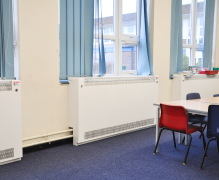
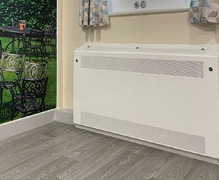
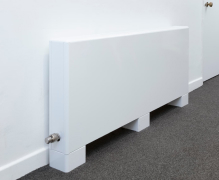
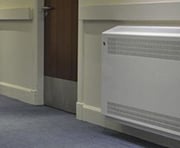
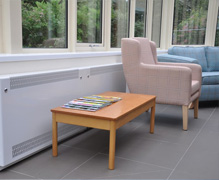

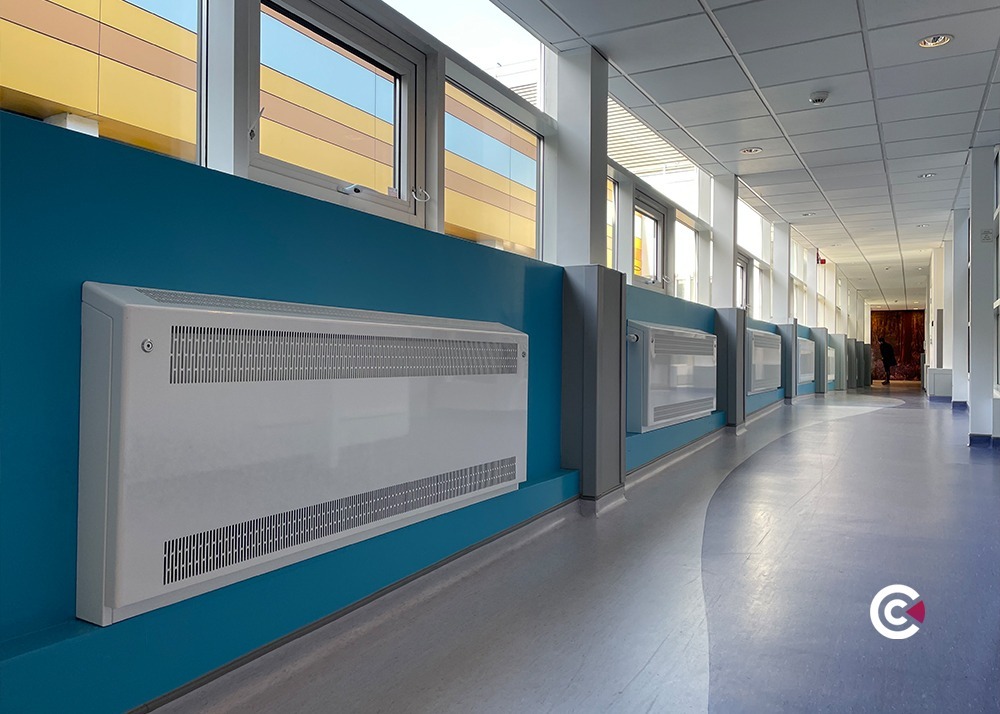
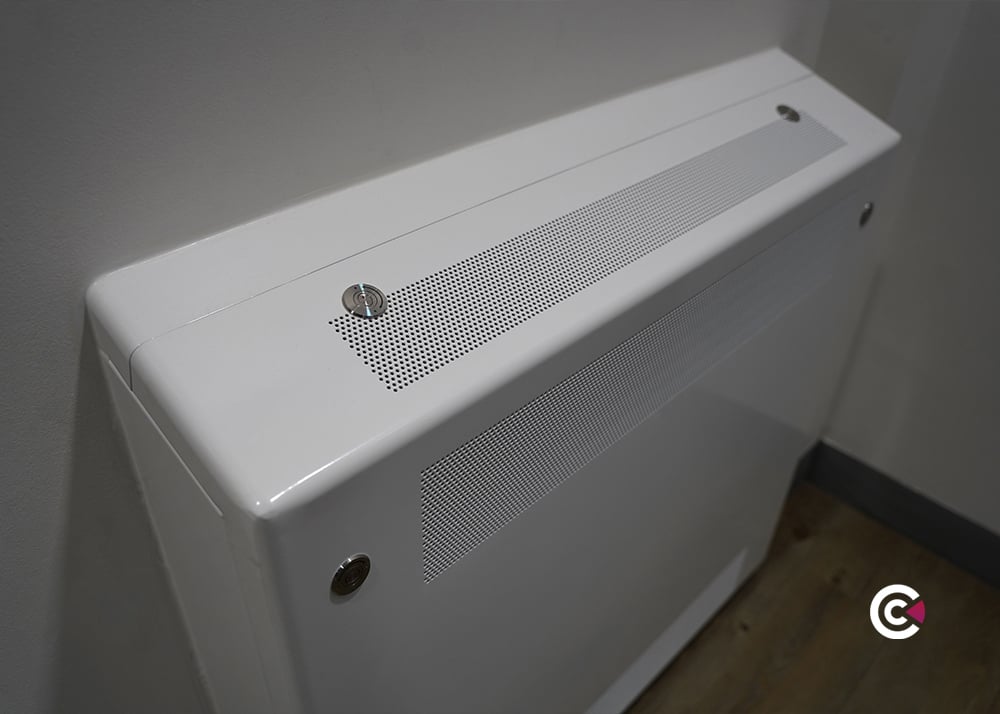

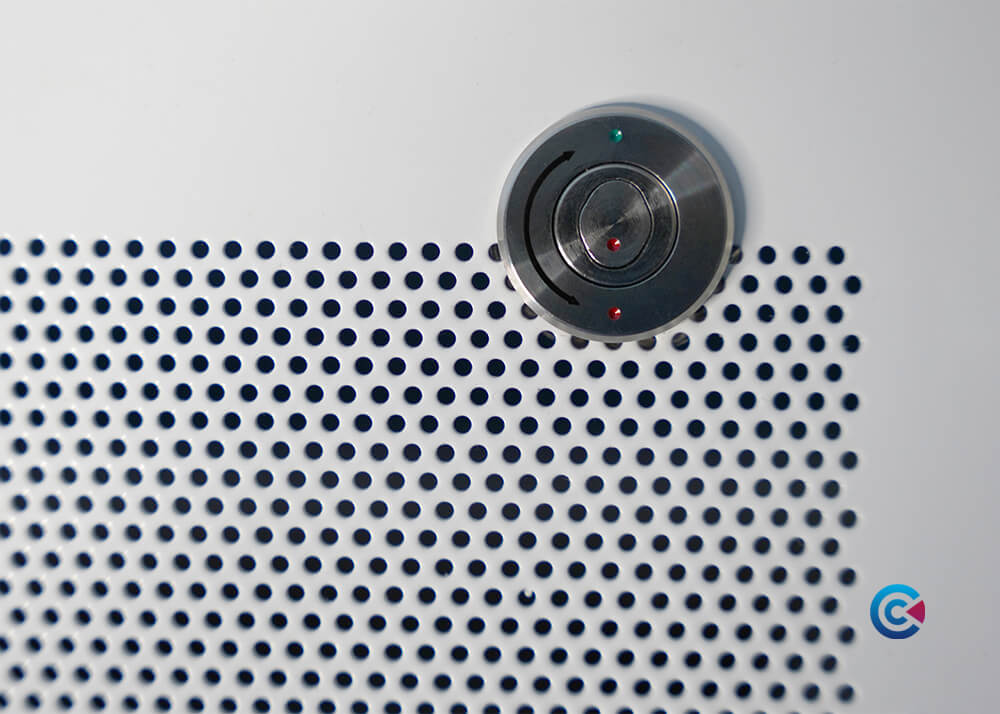







/anti-ligature%20vent%20grilles.jpg)

